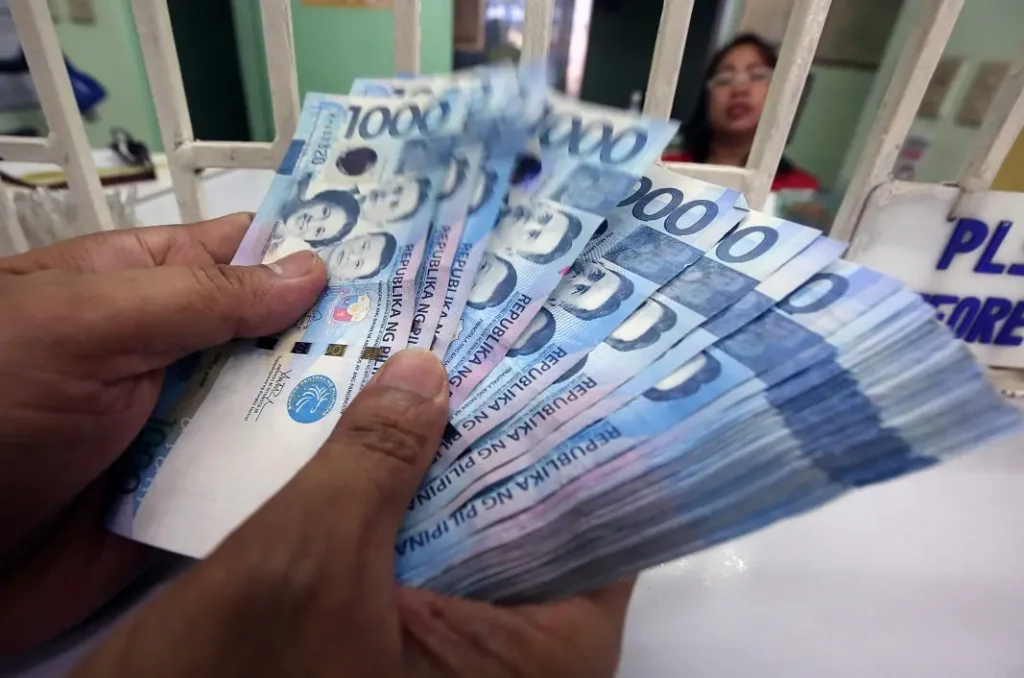Corruption has long been a significant issue in the Philippines, affecting governance, economic progress, and public trust. Despite a democratic government and an active civil society, corruption continues to plague the country. In order to address it realistically, one must be aware of the root causes, differing from historical origins to political and cultural determinants.
Historical Roots of Corruption
The Philippines’ history has been a contributing element in the forming of its current corruption problems. Spanish colonial rule (1521–1898) created wealth and authority ensue within the hands of a very small elite class, encouraging patronage and favoritism. When colonized by the United States, new bureaucratic systems were put into place, but they worked to help the elite and not the general population.
This initial foundation created a culture where political office was seen as a way of acquiring for oneself, and not for the purpose of public service, and hence led to modern-day corruption.
Political Dynasties and Patronage Politics
Political dynasties are common in Philippine politics. Studies have found that more than 70% of the national legislature consist of political family members. Political dynasties tend to put family interest over public interest, leading to nepotism, favoritism, and misuse of public funds.
Patronage politics repays loyalty in terms of money, jobs, or favors. This leads to a situation where people vote in terms of personal interest and not on the merit or integrity of candidates, further cementing corruption.
Weak Institutions and Lack of Accountability
Strong institutions must exist to ensure effective anti-corruption actions. In the Philippines, there are institutions like Commission on Audit, Office of the Ombudsman, and Sandiganbayan (anti-graft court), but they are mostly hindered by bureaucracy, inefficiency, and political intervention.
Without strong enforcement and checks and balances, officials are free to practice bribery, embezzlement, or nepotism with little chance of getting punished. High-profile cases can make the news, but few lead to systemic change, perpetuating public cynicism.
Socioeconomic Inequality and Corruption
Socioeconomic disparities and widespread poverty levels also contribute to corruption. People and institutions may resort to favor trading or bribery as a means of accessing essential services, securing jobs, or amassing economic benefits.
Corruption and inequality are mutually reinforcing: poor communities are more likely to be exploited, and corrupt practices limit economic opportunities, which contribute to perpetuating poverty.
Cultural and Social Norms
A few of the cultural values of Filipinos indirectly sustain corruption. The concept of utang na loob (debt of gratitude) is one that promotes reciprocity and loyalty, which, while beneficial in day-to-day life, can be utilized to justify cronyism in business as well as in politics.
Additionally, bypassing bureaucracy using informal networks or bribery is sometimes accepted in society. The acceptability of unethical methods demographically complicates promoting a culture of transparency.
Political Instability and Short-Term Governance
Leadership rotation and political instability hamper anti-corruption reforms. Most governments concern themselves with short-term political success at the expense of long-term systemic reform.
As a consequence, anti-corruption programs can be initiated with great fanfare but subsequently eroded or eliminated by later governments, so that the cycle of corruption remains intact to a great extent.
High-Profile Corruption Scandals
The Philippines, over the years, has seen numerous corruption scandals in the form of funds diverted, inflated government contracts, and misuse of calamity funds. Even though these scams attract media news headlines, they take years to resolve and end with little or no accountability in most cases.
These events feed the distrust of institutions and discourage individuals from engaging, reinforcing the narrative that corruption is inevitable.
Efforts to Counter Corruption
Despite challenges, the Philippines has initiated efforts to combat corruption. Government agencies, civil society, investigative journalists, and international organizations play significant roles in ensuring transparency and accountability.
Recent initiatives include:
- Converting government services to digital form to reduce possibilities for bribery
- Opening up budget and spending information to the public
- Utilizing e-governance tools to enhance transparency
Promising as these reforms are, they require sustained enforcement, political will, and citizen engagement to make them work in the long term.
A Path Forward
Philippine corruption is a long-standing tradition that is influenced by history, politics, culture, and inequality. It is fueled by political dynasties, weak institutions, socioeconomic inequality, and some cultural traditions.
- In lessening corruption, the country needs:
- Strong institutions with neutral oversight
- Routine legal enforcement and responsibility
- Political reforms to minimize dynastic power
- Public campaigns of information and cultural shift towards transparency
The war against corruption is essential not only for improved governance but also for economic progress, social justice, and restoration of public confidence. If measures are not taken firmly, corruption will continue to limit opportunities, promote inequalities, and hinder national development.
Read Related Blogs
Why Indian Media Has Turned Into a Complete Circus?
Want an iPhone 17 Without Paying? Real Strategies to Try in 2025
